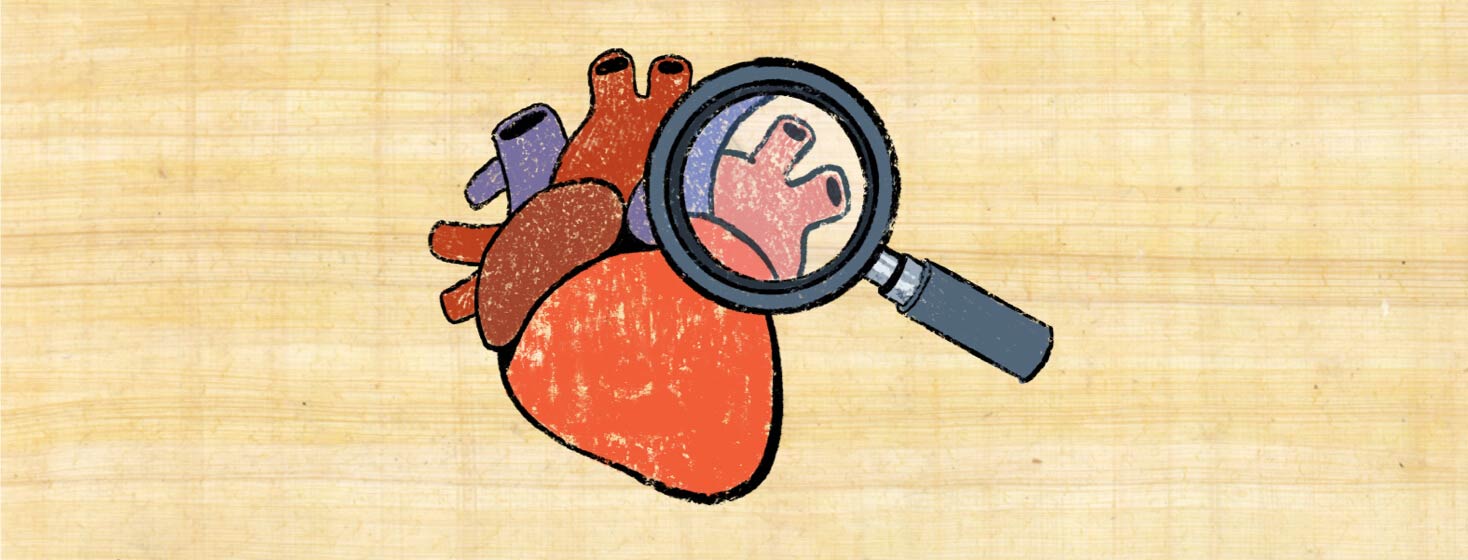Heart Failure or Heart Attack: The Early Warning Signs
Heart failure and heart attack are both conditions that fall under the category of heart disease. Yet they are different conditions with different causes and treatments.1 It is important to understand the difference between the two and to recognize the common signs and symptoms associated with each. This can be helpful, so you know what to do in an emergency.1
What is heart failure?
Heart failure is a complex syndrome with physiological signs and symptoms that develop when the heart is not functioning properly. The term heart failure doesn’t mean your heart has stopped beating. It means the heart is unable to pump enough blood through the body.2-4 HF most often develops over time. It generally describes people with established chronic heart failure which advances slowly. It can be caused by coronary artery disease, heart attack, or high blood pressure. HF can affect anyone at any age, from infants, to children, and adults. However, it is most common in people over age 65.2-4
What is a heart attack?
A heart attack happens when the flow of blood through the arteries that brings oxygen to the heart muscle is severely restricted or completely blocked.5-6 If there is not enough blood supply, it can damage the tissues of the heart. This causes some of the cells to die and weakens the heart’s ability to effectively pump blood.1,5
A heart attack is also known as a myocardial infarction.6 This means there is an interruption of blood supply to a part of the heart muscle, causing damage or death to the affected heart tissue. It is caused by a blockage or clot which obstructs an artery.5 The blockage is composed of fatty deposits, cholesterol, and other substances which blend to form plaque. If the plaque breaks off it can form a clot which blocks the blood flow through the arteries and causes in a heart attack.5
Most people are conscious when they have a heart attack. They can call for emergency help and describe their symptoms
Featured Forum
View all responsesHeart failure warning signs
The Heart Failure Society of America has created an acronym for the classic symptoms of heart failure: FACES.7-8
F = Fatigue
A = Activity limitation
C = Congestion
E = Edema or ankle swelling
S = Shortness of breath
The broader list of symptoms includes:2,7
- Dyspnea – shortness of breath with activity (exertion) or when lying down
- Fatigue and weakness - feeling tired and having trouble keeping up with everyday activities
- Persistent cough or wheezing – spitting up white or pink blood-tinged mucus
- Edema – swelling in the abdomen, legs, ankles, and feet due to extra fluid buildup
- Orthopnea – shortness of breath when lying down
- Paroxysmal Nocturnal Dyspnea (PND) – waking up at night gasping for breath
- Palpitations and arrhythmia – experiencing palpitations (feeling a fluttering in your chest) or having a rapid or irregular heartbeat (arrhythmia)
- Lack of appetite and nausea – feeling full or sick to your stomach
- Confusion – having difficulty concentrating or disorientation.
There is a tendency for people to ignore initial symptoms of heart failure.8 There are specific additional signs that develop when heart failure starts to get worse.
Heart attack warning signs
There are classic warning signs associated with having a heart attack that you may be familiar with.7,9 These include crushing chest pain or discomfort and/or a sense of tightness or squeezing in the chest. Other important symptoms include upper body pain in the neck, jaw, upper back, or arms, sudden or severe difficulty breathing, sweating, nausea or vomiting, fainting, dizziness, or lightheadedness.
Men and women often have different symptoms.10 So, it is important to understand the broader range of symptoms. Chest pain is the most universal symptom. Women are more likely to experience shortness of breath, nausea or vomiting, upper back pain or pressure, or jaw pain.4 Heart attack symptoms can be very subtle and be present for a few days or weeks before an actual heart attack or they can come on very suddenly.6
When to call 911
If you think you or someone you know is having a heart attack, act fast. Call 911 or your local emergency service immediately to get to the hospital.2,10 If the heart isn’t getting enough blood, then it doesn’t get enough oxygen and that can damage the heart muscle. Time to treatment is critical with a heart attack.1
Call your doctor if you are experiencing symptoms of heart failure.

Join the conversation